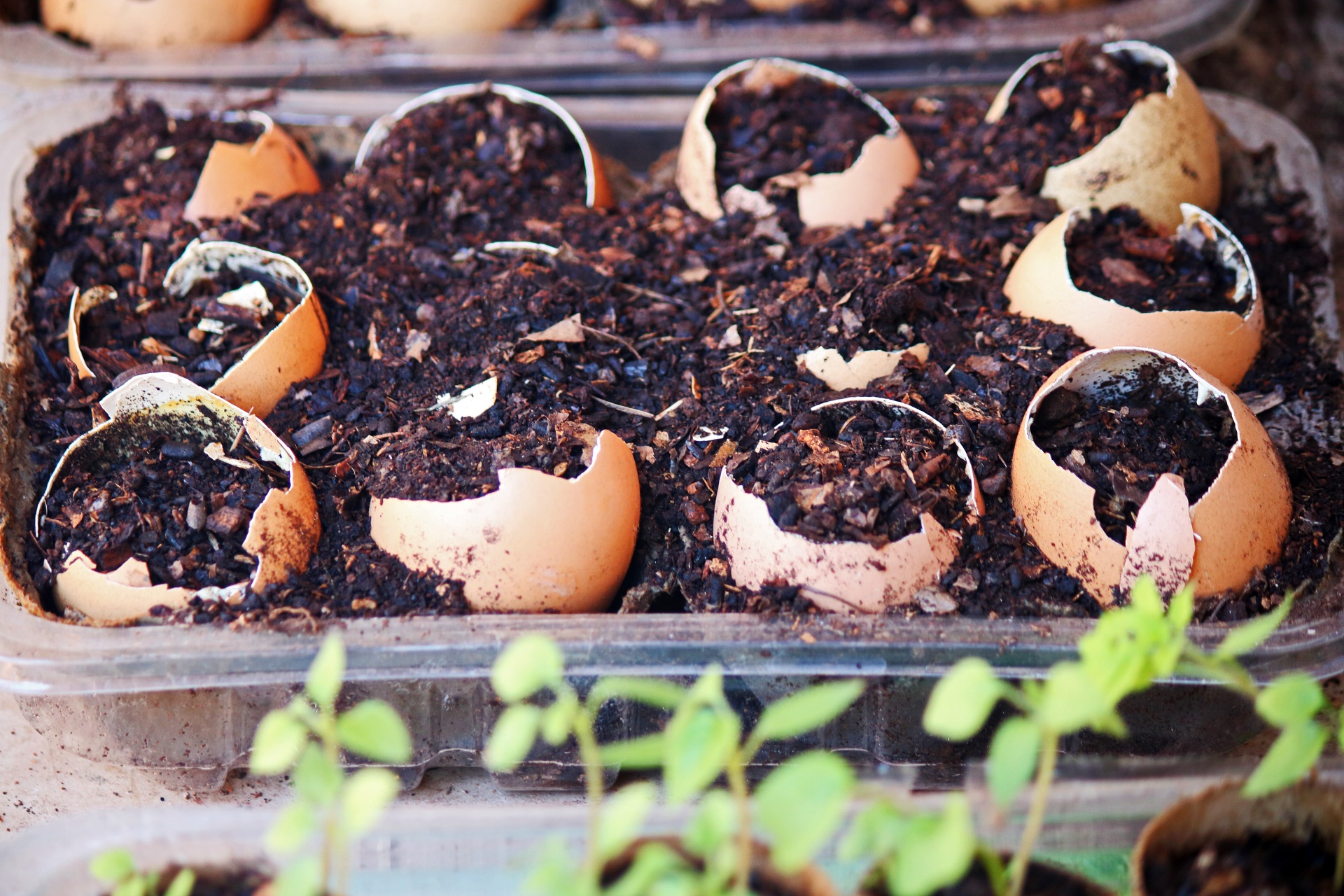Master Organic Composting for a Thriving Garden

Master Organic Composting for a Thriving Garden
Organic composting methods for gardeners are a game-changer. They transform your garden waste into nutrient-rich soil, boosting your plants' health and vitality. Let's dive into the world of Composting Techniques and Organic Gardening.
The Magic of Composting
Ever wondered how to turn your kitchen scraps and garden waste into black gold? The answer lies in composting. This natural process breaks down organic materials into a rich soil amendment, known as compost.
Understanding Garden Waste
Garden waste, including leaves, grass clippings, and vegetable scraps, is the primary ingredient in compost. These materials contain carbon and nitrogen, the essential elements for the composting process.
The Composting Process: A Closer Look
The composting process involves four main stages: decomposition, heating, cooling, and maturation. During decomposition, microorganisms break down the organic matter. The heating stage occurs as these microorganisms multiply and release heat. The compost then cools and matures, resulting in a nutrient-rich final product.
The Benefits of Compost for Your Garden
Compost improves soil structure, enhances water retention, and provides essential nutrients to plants. It also supports beneficial soil microorganisms, promoting a healthy and balanced garden ecosystem.
Different Composting Techniques
There are several Composting Techniques you can use, depending on your space and needs. These include backyard composting, vermicomposting, and tumbler composting. Each method has its advantages and can be tailored to your specific situation.
Backyard Composting: A Simple Start
Backyard composting is the most common method. It involves creating a pile or using a bin to contain your compost materials. For more detailed instructions, check out this guide.
Vermicomposting: The Worm Way
Vermicomposting uses worms to speed up the decomposition process. This method is ideal for those with limited space or for composting kitchen waste.
Tumbler Composting: Quick and Easy
Tumbler composting is a quick and easy method that involves using a rotating bin. This method can produce compost in as little as four weeks.
Troubleshooting Your Compost Pile
Is your compost pile smelling bad or not breaking down? Common issues include an imbalance of carbon and nitrogen, lack of moisture, or insufficient aeration.
Incorporating Compost into Your Garden
Once your compost is ready, it's time to incorporate it into your garden. You can use it as a top dressing, mix it into your soil, or use it to create potting mix.
Conclusion
Mastering organic composting methods for gardeners is a rewarding journey. Not only does it reduce waste, but it also enriches your soil and promotes plant health. So, why wait? Start your composting adventure today!
FAQs
-
What can I compost?
- You can compost fruit and vegetable scraps, coffee grounds, eggshells, leaves, and grass clippings. Avoid meat, dairy, and diseased plants.
-
How long does composting take?
- The composting process can take anywhere from a few weeks to a year, depending on the method and conditions.
-
Why is my compost smelly?
- A smelly compost pile often indicates an imbalance of materials or lack of aeration.
-
Can I use compost on all plants?
- Yes, compost is beneficial for all types of plants, including vegetables, flowers, and trees.
-
How often should I turn my compost pile?
- Turning your compost pile every 2-4 weeks helps to aerate it and speed up the decomposition process.
0 Response to " Master Organic Composting for a Thriving Garden"
Post a Comment